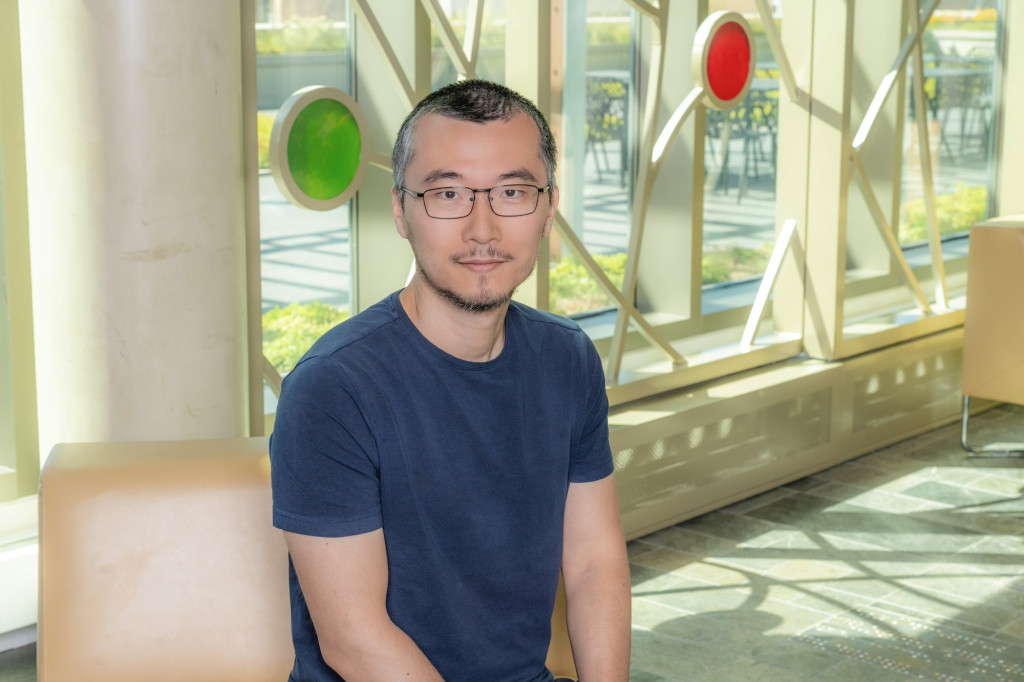New Faculty Focus: Mengni Zhang

Mengni Zhang
Mengni Zhang: Assistant Professor, Department of Design Studies, School of Human Ecology
Hometown: Beijing
Educational/professional background: Bachelor of Architecture, Cornell University. Master in Design Studies, Harvard University. PhD in Human Behavior and Design, Cornell University. Licensed Architect.
What is your field of research, and how did you get into it? My focus is on crafting interactive architectural spaces and understanding the impact of the built environment on human psychology. I was originally trained as an architect, designing and planning hospitals where I realized there is a disconnect between what we (designers) promise in renderings compared to what is actually delivered. If one googles ‘architectural photography’, the results typically show monumental sculptures that are often devoid of any human presence. This led me to the field of human-centered design.
What attracted you to UW–Madison? I guess I am unintentionally following Glenn Gould’s Idea of North (not yet north enough, but one step closer). UW–Madison has the perfect research atmosphere, geographic location, collegiality and community. Also I later discovered additional family ties and connections from the past.
What was your first visit to campus like? I first visited Madison during my campus interview in early spring. The city was covered in snow when I flew it and it was very cold. After landing I was immediately drawn to the architectural details of the terminal. So it all worked out perfectly, just as how I had pictured everything, including the temperature.
The pandemic forced us all to reconsider many things we took for granted. Is there something you’ve learned that has helped you through these challenging times, personally or professionally? During the pandemic, I was no longer able to carry out some daily routines that require dedicated outdoor spaces. However, what really amazes me is our collective ability to adapt to changes and become resilient. The important thing is to collaborate with others, to migrate those activities to online venues, to reconnect with old friends, and stay close with family.
Do you feel your work relates in any way to the Wisconsin Idea? If so, please describe how. Since most of my design works rely on evidence-based design and formulating concepts from user-informed feedback, moving to Wisconsin I can already see many potential opportunities to collaborate with local communities, especially around the topics of healthcare and wellness design.
What’s something interesting about your area of expertise you can share that will make us sound smarter at parties? Constructing a building costs a lot of money, especially for healthcare architecture with some hospitals costing hundreds of millions. However, what we often don’t realize is the construction cost is only a tiny fraction of the building’s total life cycle cost, when taking operation into consideration.
Hobbies/other interests: I am fascinated by patterns in nature and bio-inspired design.
Tags: New Faculty Focus




